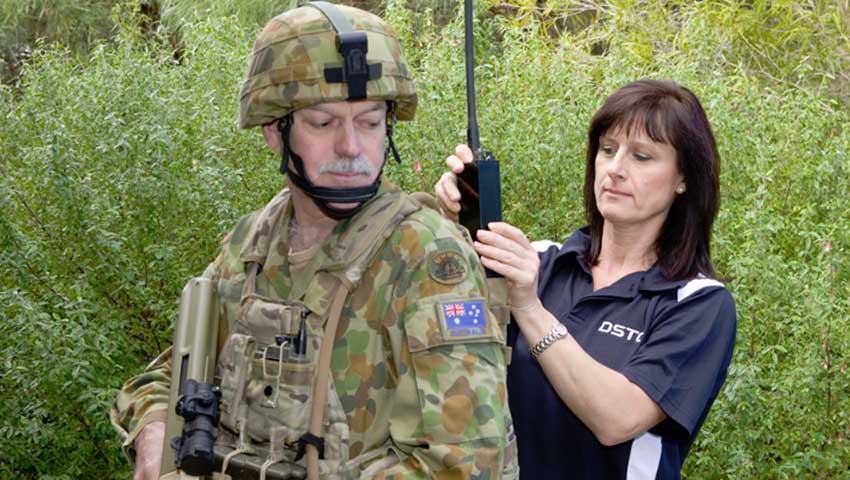The Department of Defence Science and Technology-led Human Performance Research Network (HPRnet) is expanding in order to “include the human performance priorities of Air Force and Navy”.
To continue reading the rest of this article, please log in.
Create free account to get unlimited news articles and more!
The expansion is supported by a $4 million investment from the Next Generation Technologies Fund, to go along with the original $4 million funding from Army.
HPRnet was founded in 2016 from the first investment and helps support research by Australian universities "focused on enhancing the cognitive and physical performance and resilience of military personnel".
DST said the performance of Defence personnel and their ability to adapt in future operational scenarios is "a critical factor in building and sustaining the ADF's capability edge".
Defence is searching for innovative solutions for future-focused research that can address one or more of the ADF's Human Performance priorities, which include:
- Physical preparation;
- Physical augmentation;
- Cognitive preparation; and
- Cognitive augmentation.
Successful institutions could receive up to $500,000 of funding, per study, over four years and be included in HPRnet's research community.
Proposers will be asked to detail:
- How funds would be allocated (PhD, post-doc, undergraduate, capital, consumables etc) in order to deliver the study's ADF-focused outcomes; and
- A commitment to build true partnership through the appointment of an academic chair to HPRnet and the investment of university resources to maximise outcomes for Defence.
Enhanced human performance is a key theme identified in the Defence White Paper 2016, and is also a priority for international partners such as the US Office of Naval Research.
As a result of this anticipation, around 10 new HPRnet studies will be selected for funding.

 Login
Login







